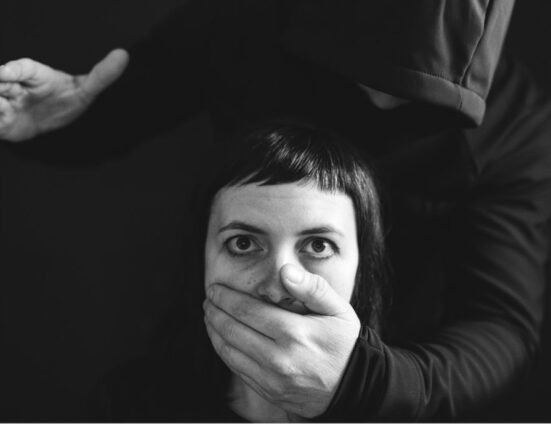In our daily lives, we label numerous things, including food, clothing, and even individuals. People are labelled depending on a variety of social and biological characteristics. Labels are set on by societal norms or rules, and informally by interactions between people such as parents, teachers, and peers. While some labels, such as “friendly or harmful,” are beneficial in categorising information we process, others are not.
Labels reveal how people perceive others and themselves. They not only influence how a person’s identity is formed, but they also allow for the recognition of differences in others. They help people comprehend how different people’s needs, cultures, and personalities are. Labels can also reflect positive traits, create useful expectations, and provide meaningful aspirations. Labelling, on the other hand, can lead to misunderstandings and preconceptions. Labelling, whether positive or negative, has a significant impact on identity and society.
Theory of labelling
Howard Becker’s (1963) labelling theory highlighted the harmful impact of labels on the people who are labelled. Without even realising it, parents (as well as carers and adults) name their children. Typically, labelling children means using an adjective to characterise a child’s personality, behaviour, or look. For instance, one would say, “He’s too shy.” She is a tyrant. He’s not going to do it. She is a strong leader. He was born to be an artist. She’s always crying.” what adults say. Labels can have a significant impact on how youngsters perceive themselves. Just because a youngster exhibits a pattern of behaviour at one point does not imply that they should be labelled as such. For example, if a toddler constantly hears, “She is a picky eater,” she may grow up to be one because her parents always claim she is. Children are always changing, developing, and growing, and they have limitless potential. It is critical that we should not obstruct this with destructive or cruel labels.
Effects of label
Labels, despite their often negative connotation, are not always a bad thing. Labelling has numerous good impacts. Labels can help people feel a sense of belonging and authority in relationships with others.
While labels have good impacts, they also have negative effects. Labels can shape beliefs for others, resulting in stereotypes. These prejudices might lead to excessive expectations or expecting less from someone despite their abilities. For example, People may expect Asians to be good at arithmetic even if they are not. This may also lead someone to believe that a disabled person cannot work.
According to research, labelling someone with a mental disease might result in negative outcomes such as feelings of rejection and prejudice. All of these might aggravate the mental disease and harm the person’s general mental health.
Labelling has the long-term consequence of making the label the source of identification. According to Rosemary Solomon’s paper The Impact of Childhood Labelling on the Sense of Self of Young Adults, “stigma associated with the label [results] in isolation/rejection from society, lowered expectations, self-blame/guilt, and emotional distress.” Solomon also described how strained relationships can emerge as a result of a bad label applied to a person by a family member or friend.
Aside from that, labelling can influence how people see themselves, how they treat others, and it can limit one’s potential.
Labelling mental disorders
Labels for mental diseases have the ability to stigmatise and isolate people. We are all too capable of falling into the trap of dichotomous thinking. You either have a mental health condition or you don’t and are perfectly healthy. Labels create an artificial dichotomy between ‘normal’ and ‘abnormal’. We are then prone to treating obvious irregularities as discrete, treatable entities, such as anxiety, depression, and other psychological diseases.
Discrimination may result from the current stigma around mental illness. This can have an impact on jobs, housing, relationships, and other aspects of one’s life. The label of mental illness can become an identity. Have you ever heard the expressions “she’s schizophrenic,” “he’s bipolar,” or “I’m so OCD?” It is unhealthy when labels become identities because they can pin down people in their sickness.
How to deal with it?
- Choosing the Appropriate Words
- Learn how to reframe a potential label.
- Affirmations and other activities can help you boost your self-esteem.
- Take note of the labels you apply to yourself and others.
- Make sure to treat yourself and others with respect.
- To enhance your self-confidence, create a support network of individuals who care about who you are rather than your label.
- Develop your own sense of identity that extends beyond a particular term or diagnosis.
- Consult a professional.
When a person struggles to behave, labels can make it difficult to express empathy—whether consciously or unconsciously, one begins to believe in the labels as well. Labelling may lead that person to feel that his or her behaviour and personality traits determine who she or he is when they can be corrected or changed.













Leave feedback about this